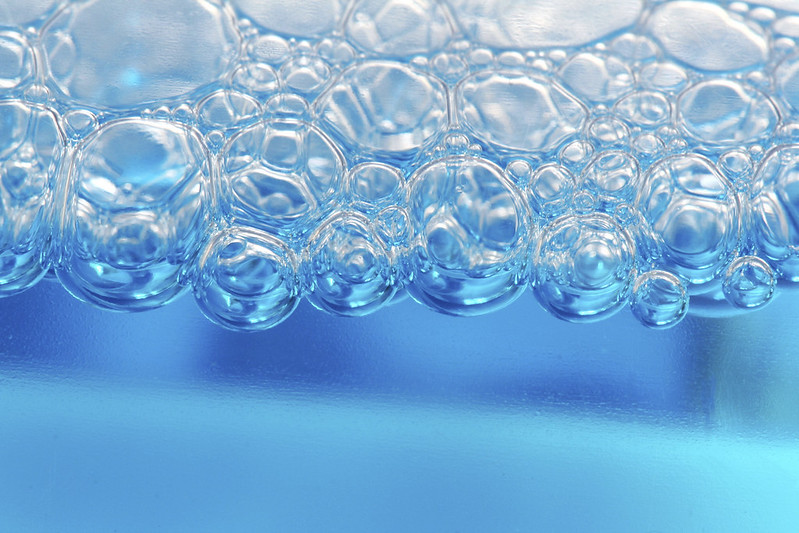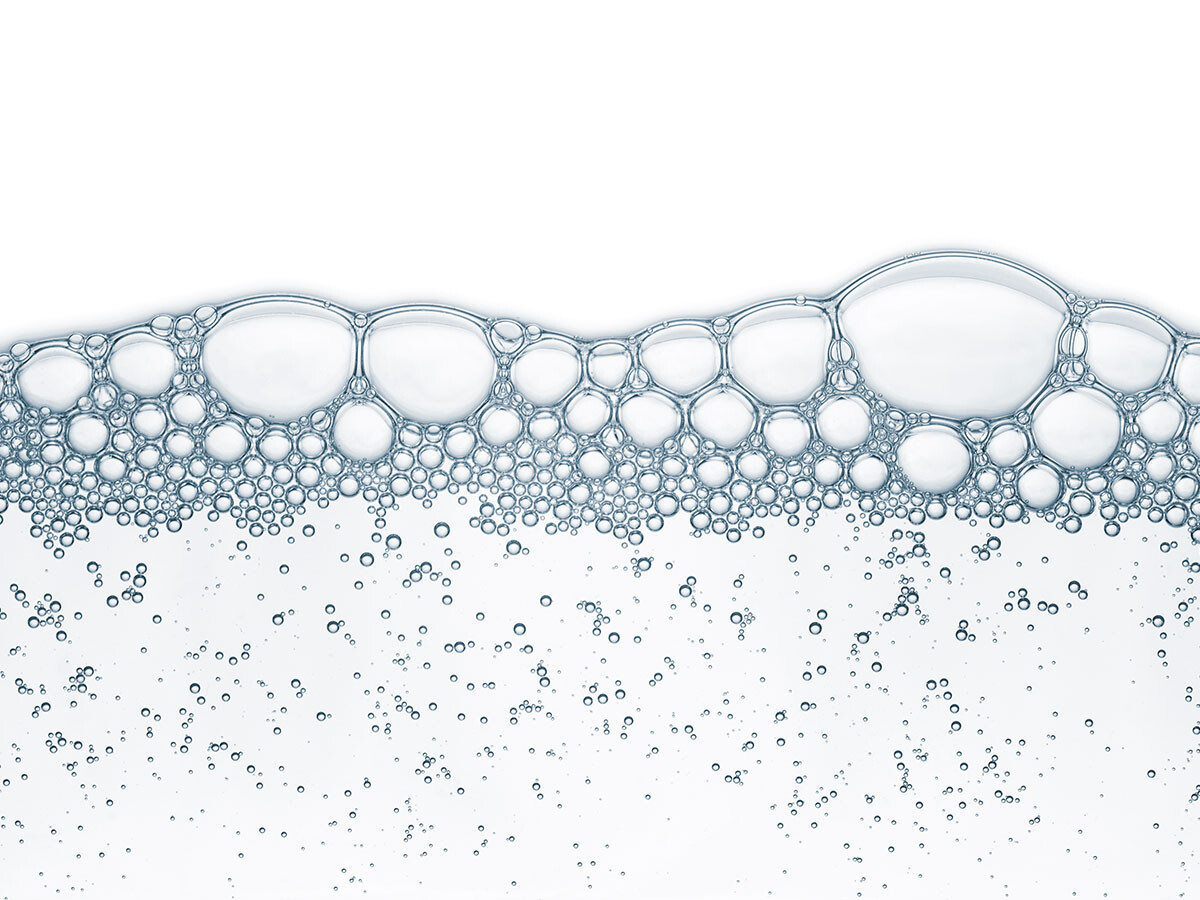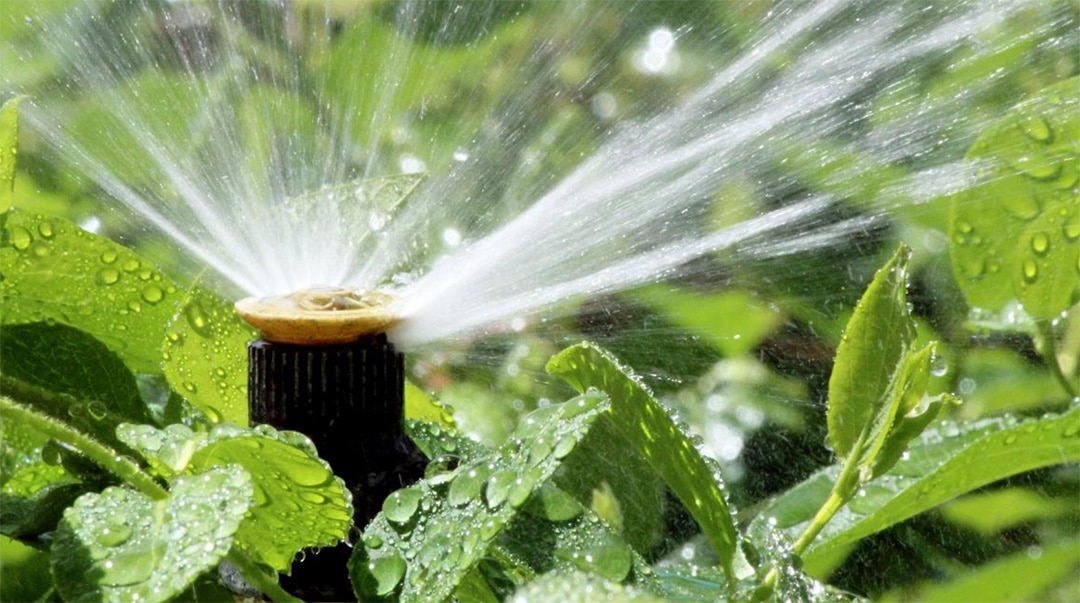The Importance of Defoamers in Industrial Processes and Applications
The Importance of Defoamers in Industrial Processes and Applications
Blog Article
The Duty of Defoamers in Enhancing Item Quality and Efficiency
In various producing processes, the presence of foam can considerably impede product high quality and functional effectiveness. Defoamers work as important additives that mitigate this problem, making certain smoother production operations while enhancing the useful and visual characteristics of the final products (defoamers). Their application extends a plethora of markets, from food and drink to pharmaceuticals, where uniformity and integrity are vital. The option of the suitable defoamer can be critical to achieving optimum results, increasing important concerns regarding solution compatibility and performance metrics that merit additional expedition.
Comprehending Defoamers
Understanding the duty of defoamers is vital for keeping product top quality throughout different industries. Defoamers are chemical additives developed to avoid the formation and decrease of foam in fluid systems, which can detrimentally affect processes such as blending, loading, and surface area tension. Lathering can lead to inefficiencies, item defects, and compromised visual appeal, making defoamers an essential part in making operations.
In industrial applications, defoamers help to enhance product uniformity and security. In the paint and layers market, foam can interfere with the application process and the final coating. In food and drink manufacturing, excessive foam can impede bottling and packaging effectiveness. The reliable use defoamers not just makes sure smoother production procedures but also adds to exceptional product efficiency.
In addition, the option and formula of a defoamer need to line up with particular application requirements, such as compatibility with various other components, performance under varying temperature and pH problems, and possible regulative restrictions. Ultimately, recognizing defoamers' features and their importance in different formulas is essential for enhancing production and ensuring the best quality output.
Kinds of Defoamers
Defoamers can be classified right into a number of types based upon their composition and device of action. The primary kinds consist of silicone-based, non-silicone organic, and inorganic defoamers.
Silicone-based defoamers are among one of the most efficient, largely because of their ability to spread promptly on the fluid surface and interfere with foam formation. Their special chemical structure permits for remarkable stability, making them suitable for high-temperature applications and environments with varying pH degrees.
Non-silicone natural defoamers, usually composed of fatty acids or natural oils, are valued for their biodegradability and lower toxicity. These are generally utilized in food and drink applications where safety and security and environmental influence are vital.
Not natural defoamers, that include substances like talc or calcium carbonate, act by raising the density of the liquid, thereby reducing foam stability. They are typically made use of in industrial procedures where compatibility with various other materials is not a problem.
Each kind of defoamer has unique benefits and constraints, allowing for tailored services relying on the certain foaming problems run into in different applications. Recognizing these distinctions is crucial for maximizing efficiency and accomplishing desired product top quality.
Applications Throughout Industries
Many industries take advantage of defoamers to enhance product top quality and functional efficiency. In the food and beverage field, defoamers are vital in processes such as brewing and dairy products production to stop foam development, which can result in inadequacies and item incongruity. By controlling foam, makers can guarantee much better return and a much more consistent item.
In the pharmaceutical market, defoamers play an essential role in the formula of fluid drugs, where extreme foam can hamper blending and precise dosing. Their use aids preserve the stability of the formulas and assists in smoother production processes.
The paint and layers sector also depends on defoamers to improve the performance of items throughout application. By lessening foam, these additives guarantee a smoother finish and enhance the visual qualities of the last product.

Advantages of Utilizing Defoamers
While the application of defoamers differs across sectors, their benefits consistently boost product quality and procedure efficiency. One considerable advantage is the decrease of foam development throughout producing procedures, which can otherwise lead to manufacturing hold-ups and variances in product quality. By minimizing foam, defoamers make it possible for a smoother circulation of materials, promoting extra reliable procedures and lowering the probability of tools malfunctions.
Furthermore, making use of defoamers can boost the look and structure of last products. In sectors such as finishings, paints, and food handling, excessive foam can endanger the aesthetic aesthetics here and overall top quality, while the appropriate defoamer application makes certain an uniform surface and preferable qualities. Defoamers can add to set you back financial savings by reducing waste throughout production and enhancing the use of raw products.

Choosing the Right Defoamer
Choosing the appropriate defoamer is crucial for optimizing manufacturing processes and ensuring item top quality. The choice of defoamer influences not just the efficiency of foam control but also the overall performance attributes of the end product. Factors to consider consist of the kind of my explanation application, the chemistry of the formulation, and the ecological conditions under which the product will be used.
Different industries might need specific defoamer kinds, such as silicone-based, natural, or polymeric defoamers. Comprehending the compatibility of the defoamer with the primary active ingredients is vital to avoid adverse reactions that might compromise product honesty. Additionally, the defoamer's efficiency in various temperature levels and pH levels have to be reviewed to guarantee consistent efficiency.
Evaluating the defoamer in small applications can offer valuable understandings into its performance and viability. Consideration of regulatory compliance, specifically in food, pharmaceuticals, and cosmetics, is vital in choosing a defoamer. Eventually, an extensive analysis of these aspects will lead to the selection of a defoamer that not only manages foam successfully yet additionally improves the high quality and performance of review the final item.
Conclusion

In verdict, defoamers are important ingredients that considerably enhance product quality and performance across different industries. The critical option and application of defoamers lead to set you back financial savings, optimized resource usage, and enhanced consumer complete satisfaction.
Frothing can lead to inefficiencies, product problems, and compromised visual charm, making defoamers an essential element in manufacturing procedures.

Report this page